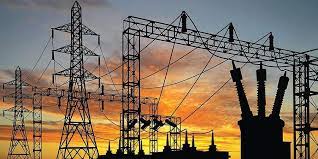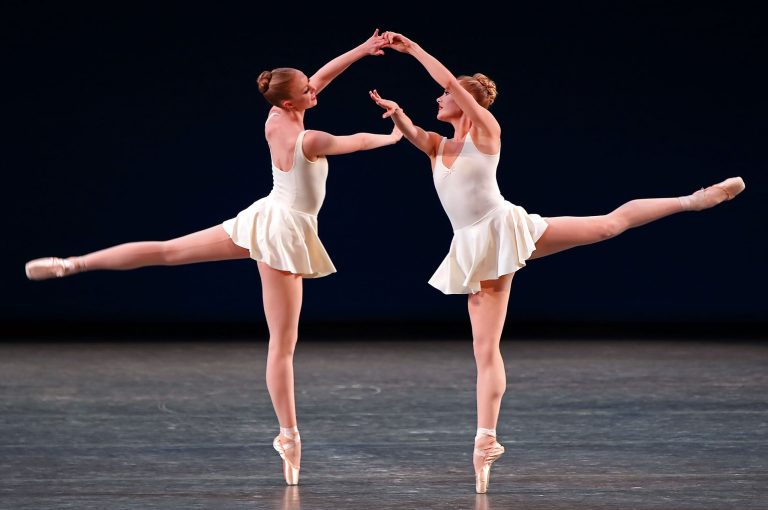/cloudfront-us-east-2.images.arcpublishing.com/reuters/RCCRHK6FMZLWXJYAUD4P6DCNIQ.jpg)
KARACHI: When General Qamar Javed Bajwa’s term as Chief of Army Staff expires later this month, Pakistan’s nuclear-armed military will have a new leader.
The choice might have a significant impact on the future of Pakistan’s precarious democracy and if ties with neighboring India are permitted to improve. The military is a country’s most powerful institution and is never far from its next crisis.
The next leader may have an impact on Pakistan’s relations with China or the United States, as well as how it deals with the Taliban and the Hindu nationalist government in Afghanistan.
Bajwa’s legacy
Bajwa sought to strike a balance between ties with China and the United States when he was appointed leader in 2016. While Islamabad grew closer to Beijing, Bajwa attempted to repair ties with Washington, with whom he worked closely during Kabul’s departure in 2021 when foreign troops withdrew from Afghanistan.
Bajwa showed a keen interest in economic issues as well. He conducted well-publicized trips to Beijing and the Middle East, which helped Pakistan gain funding. Additionally, he pushed Washington to assist in reaching an agreement with the International Monetary Fund. To get them to pay more tax, he even called a conference at army headquarters with Pakistan’s biggest entrepreneurs.
In 2019, India and Pakistan engaged in air battles under his leadership, although he was a vocal supporter of improved relations and avoided escalation when tensions rose, such as when an Indian missile inadvertently landed on Pakistani soil this year.
Early in 2021, Bajwa approved the renewal of a cease-fire pact with Delhi in the contentious Kashmir area.

A chief is chosen in what way?
The senior-most generals on the list will be provided to the prime minister by the departing commander. In an army that, with little under a million soldiers, was the sixth biggest in the world in 2019, the baton has seldom been transferred to someone outside the top four most senior leaders.
The term of an army head is just three years, but Bajwa was able to extend his. Despite the military’s promises that Bajwa will retire this time, there has been talking that he may receive another extension in light of Pakistan’s most recent political and economic unrest.
The generals seen as front-runners to succeed Bajwa are Lieutenant-Generals Asim Munir, the army’s quartermaster general and former spy chief, Sahir Shamshad, the commander of the Rawalpindi Corps, Azhar Abbas, the army’s chief of general staff, and Nauman Mahmood, the dean of the National Defence University.

Why does it matter to everyone?
The army commander will be essential in managing the risks of conflict on Pakistan’s eastern border with its nuclear-armed adversary India as well as on its western frontier with Afghanistan, where there may be turmoil and tension. Several foreign capitals, notably Washington and Beijing, maintain close contact with Pakistan’s military due to its strategic location in a volatile neighborhood and its proximity to vital shipping lanes servicing the oil-rich Gulf. Due to insurgencies in areas populated by Pashtun and Baloch people, internal security has been an issue almost constantly. Despite all the dangers, Pakistan’s military and government have played down outsiders’ worries about the security and command of its nuclear weapons.
Why is this appointment significant on the home front?
The military has historically been charged with influencing democracy in order to keep its power. Of the 30 prime ministers of Pakistan, 19 were elected, but none of them served all their five-year mandates.
The army has declared it would no longer meddle in politics after recently admitting to doing so in the past. The development of Pakistan’s democracy may depend on whether the next leader honors that vow. The army has declared it would no longer meddle in politics after recently admitting to doing so in the past. The development of Pakistan’s democracy may depend on whether the next leader honors that vow. Pakistan is presently experiencing yet another round of political unrest as Imran Khan has organized nationwide demonstrations in an effort to compel Prime Minister Shehbaz Sharif to call early elections. As Pakistan tries to endure an economic crisis and recover from unprecedented floods, the next army commander may play a significant role in bringing down the political fervor.





















+ There are no comments
Add yours